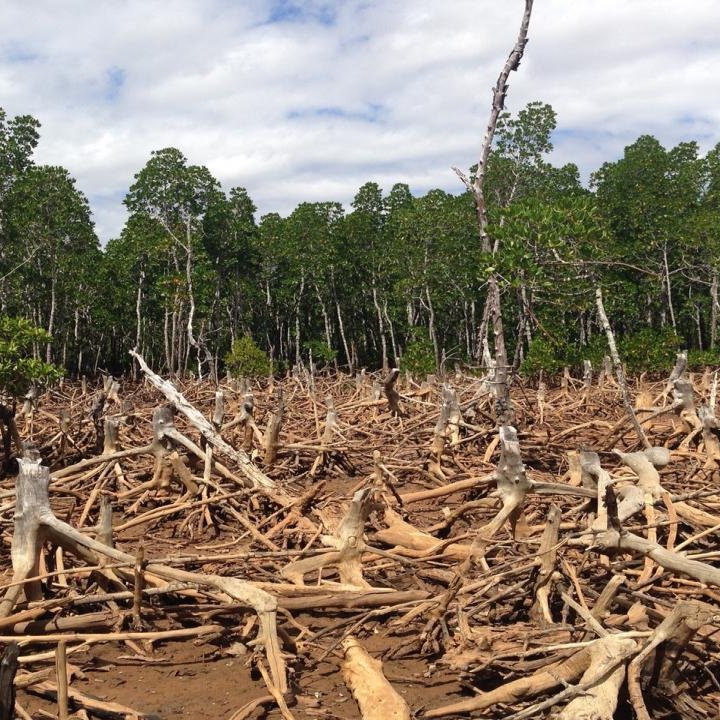Landmark EU anti-deforestation delayed

On 22 October 2020, the European Parliament adopted a legislative report with 377 votes to 75 and 243 abstentions calling on the EU Commission to present a EU legal framework to halt and reverse EU-driven global deforestation. The report (as well as the corresponding EU Parliament resolution) pushes for mandatory due diligence and civil liability for corporations that place commodities or products entailing forest and ecosystem risks on the EU market. It emphasises that the same mandatory due diligence rules should apply to all financial institutions active in the EU that are providing funds to such companies.
In December 2020, over one million people responded to the European Commission's public consultation on deforestation. Civil society organisations representing Indigenous groups, and human rights and environmental defenders, welcomed the Commission's commitment to develop an anti-deforestation law, but expressed worries at the proposal's delays.
On 17 November 2021, the European Commission adopted the proposal, which includes due diligence obligations on all companies and traders, and enforcement and compliance mechanisms, amongst other provisions.
Despite this, campaigners called for the draft law to be strengthened with more ambitious regulatory measures, such as including the protection for international human rights and Indigenous Peoples, civil liability, and mandating rules for the financial sector.
In June 2022, the Council of the European Union adopted its negotiating position, which NGOs say significantly weakens the proposal. In September 2022, the European Parliament adopted its position, including crucial improvements such as a requirement to respect the rights of Indigenous Peoples, as well as due diligence obligations for EU financiers investing in forest-risk sectors.
On 6 December 2022, the European Parliament and the Council reached a political agreement on the final law, which was formally adopted by EU parliamentarians and national governments in 2023. Member states have 18 months to transpose the requirements, which are expected to enter into force at the end of 2024.
CSOs welcomed the text while pointing to weak protections for Indigenous Peoples and local communities. The narrow scope of ecosystems covered by the law has also been criticised, as has the lack of a route for victims to obtain compensation from companies. While financial institutions will not be directly obliged to analyse their investments for deforestation risks for the time being, the agreement commits the European Commission to publishing a proposal on mandatory deforestation due diligence for the financial sector within two years after the law enters into force.
In October 2024, the European Commission proposed a 12-month delay of the anti-deforestation law, to which the European Council agreed. The proposal faces criticism from civil society organizations, including 25 Brazilian and 225 CSOs across 40 countries, as well as businesses.
On 14 November 2024, the EU Parliament decided to refer the regulation regulation back to committee for interinstitutional negotiations to postpone obligations for companies by one year. Additionally, it proposed to add a "no risk" country category. In order for these changes to enter into force, the agreed text will have to be endorsed by both Council and Parliament and published in the EU Official Journal.
On 20 November 2024, Member States rejected the MEPs' proposed amendments to introduce risk exemptions.
On 3 December 2024, the European Parliament and Council agreed to 12-month phase-in extension for deforestation regulation implementation. The European Parliament and the Council will now formally have to adopt the targeted amendment of the EU Deforestation Regulation before it can come into effect. On 17 December 2024, the European Parliament formally adopted the provisional agreement to delay application of anti-deforestation law by one year. The Council is expected to agree before end of 2024.
In February 2025, it was reported by Reuters that the US paper industry is lobbying the US government to ask the EU to declare the USA deforestation-free. This would go beyond classifying the country as 'low-risk', which still requires US-based companies to conduct due diligence. Later, in April 2025, Reuters reported that the European Commission published rule changes to the law "in response to industry demands", where companies will need "less paperwork" to comply with the law, such as reducing reporting requirements to once a year. Campaigners have criticized the changes as weakening the law's effectiveness.